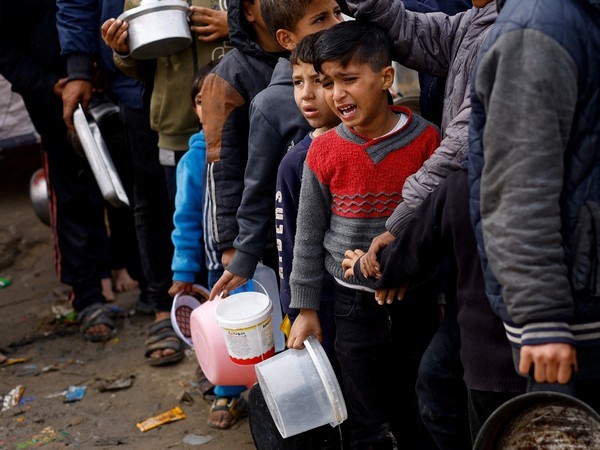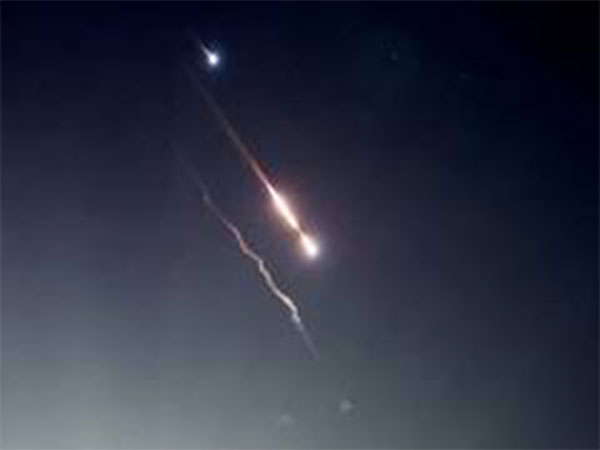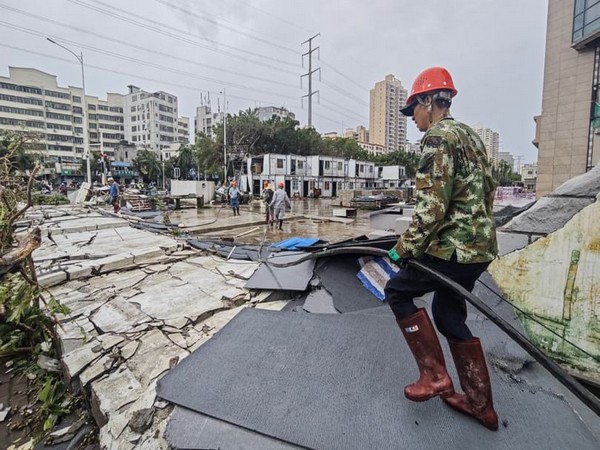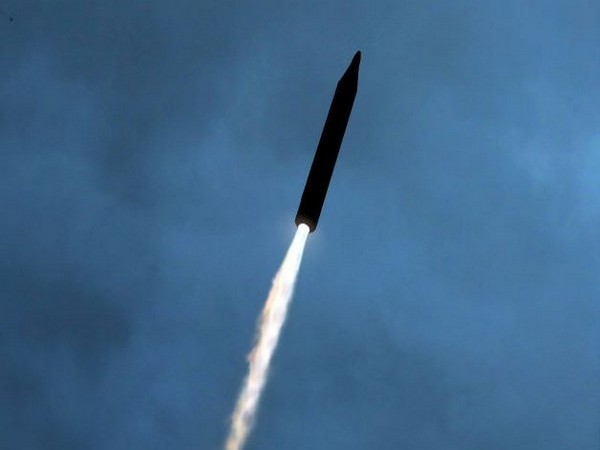
US doctor describes pain, hunger and hopelessness of north Gaza families
Apr 29, 2024
Chicago [USA], April 29: Sam Attar reckons he left part of his soul in Gaza. It was the part of him that saw suffering and could not turn away. The part which now cannot be forgotten.
You can be on the shores of Lake Michigan on an overcast spring day, the wind whipping up waves on the green water. And at the very same time you can be back there, in the heat and the dying. It's been three weeks since he came home to Chicago but it might as well have been yesterday. The faces of that other world are with him: Jenna, the traumatised little girl wasting away, spectral pale on a hospital bed, while her mother shows Sam a phone video of the child's last birthday. Happy days before the disaster.
Another mother whose 10-year-old son had just died. "The mom just told me with just a blank numb stare on her face that he had just died five minutes prior. The staff had been trying to cover up his body with blankets but she just refused to let them. She wanted to spend more time with him. She was grieving, she was sobbing, and stayed that way for about a good 20 minutes, she just didn't want to leave his side." Then there was the man in his 50s, forgotten in a room, having had both legs amputated.
"He had lost his kids, his grandkids, his home," Sam recalls, "and he's alone in the corner of this dark hospital, maggots going out of his wounds and he was screaming: 'The worms are eating me alive please help me.' That was just one just one out of. I don't know, I just I stopped counting. But those are the people I still think of because they're still there."
Sam is a sensitive, thoughtful man in his 40s, the son of two doctors, who was born and raised in Chicago and who works as a surgeon at Northwestern hospital in the city. While in Gaza he kept video diaries and filmed his experiences.
For two weeks in March and April - on behalf of the NGO Palestinian American Bridge - he worked in Gaza hospitals that were desperately short of everything except badly-wounded patients. On the day he entered Gaza this time around he was immediately confronted with the hunger crisis.
"We were just swarmed by people banging on the cars, some people trying to jump on the cars. The drivers. they just got it. They don't stop because if they stopped then people jump on the cars. They're not trying to harm us. They're just begging for food. They're starving."
Sam recounts his experiences calmly, as you might expect of a man trained to put patients at ease. Every day there was the relentless pressure of carrying out triage, deciding who could be saved, who was beyond hope. Patients lying on hospital floors surrounded by blood and discarded bandages, the air filled with the cries of pain and of grieving relatives.
There is no erasing such horrors. Even if you are a highly trained doctor with past experience of war zones like Ukraine, Syria and Iraq.
"I still think of all the patients I took care of," he says, "all the doctors that are still there. There's a little bit of guilt and shame at leaving because there's so much that needs to be done. The needs are overwhelming. And you walk away from people that are still there and still suffering."
Source: Qatar Tribune









